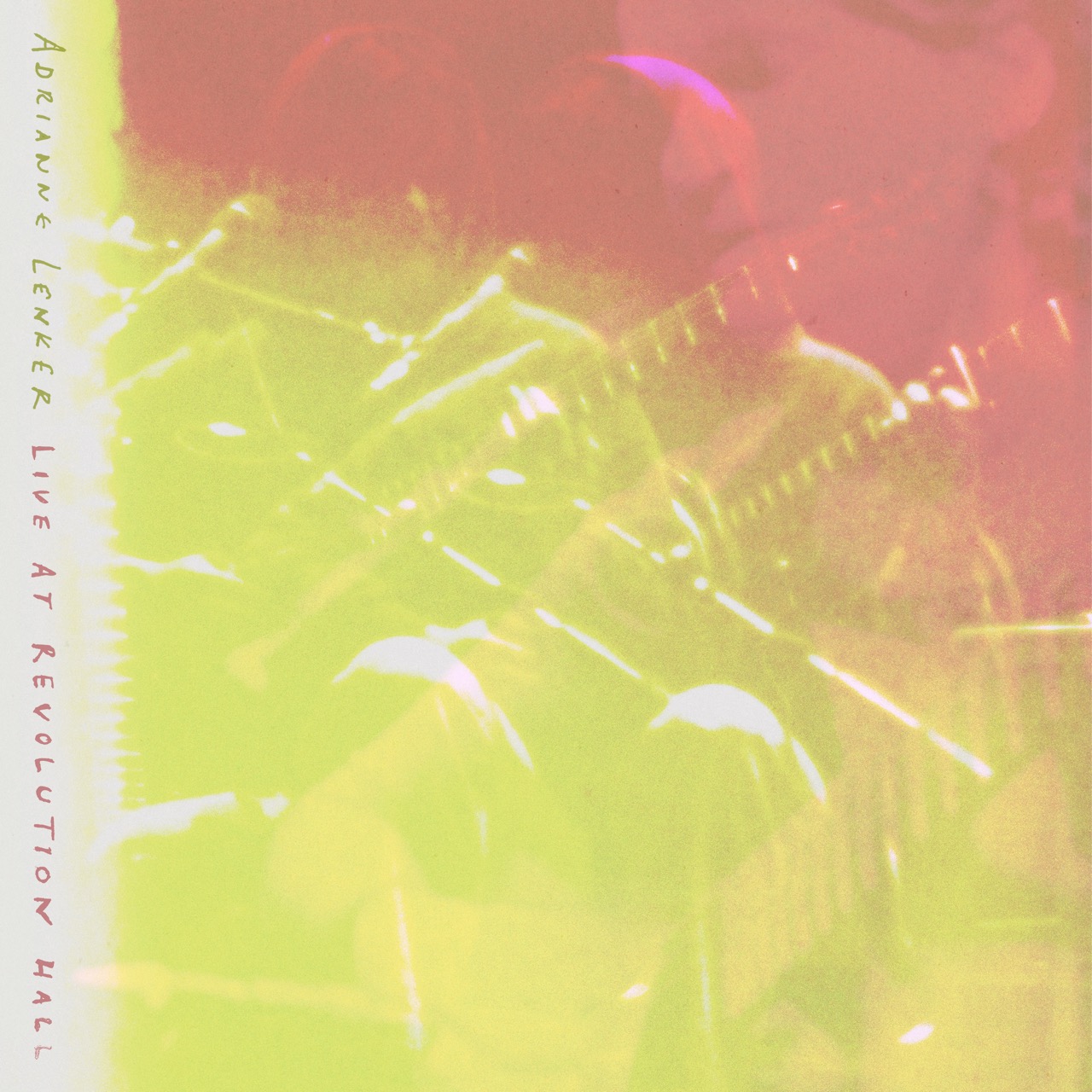GRAMMY and Latin GRAMMY-nominated artist Lido Pimienta recently shared her orchestral masterpiece La Belleza via Anti- Records.
Here’s what Pitchfork had to say about the album…
La Belleza
8.0
Genre:Pop/R&B Label:Anti- Reviewed: May 21, 2025
Miss Colombia was Pimienta’s Polaris Prize-winning exploration of how beauty is used as a tool of colonial and anti-Black oppression. In it, she examined themes of homeland and Afro-indigenous identity with production that combined synths with traditional genres like cumbia, bullerengue, and porro. She anchored the album in hyper-specific references: the 2015 Miss Colombia incident; the importance of Sexteto Tabalá of San Basilio de Palenque. But La Belleza is a more abstract treatise on beauty and personal returns larger in scope. The album’s nine movements, arranged with the help of Canadian composer Owen Pallett, do tell a specific story across a transitory 28 minutes, one that loosely follows the separation and reconciliation of Pimienta with her partner. It is grounded by place—“representando a la Guajira,” she sings of the Guajira peninsula, to whom the Wayuu people are indigenous—but overall, no time anchors it except musical time.
After an arresting overture, Pimienta is joined by the choir she convened, the Coro La Belleza de Barranquilla, who sing on “Ahora”: “Eso mismo buscan ancestros/Es la ceremonia de los restos/Un honor que se le hace los restos/La ceremonia Wayuu.” (“That is what the ancestors look for/It is the ceremony for the remains/An honor that we make to the remains/The Wayuu ceremony.”) Across the album, she repeats “ahora” (“now”) as the music circles around repeated phrases and patterns; she returns to themes of ceremony and her Wayuu ancestors—calling back to a time before colonization created the nations of Colombia, where she was born, or Canada, her current home. In doing so, she corrects a historical pattern in orchestral composition and opera, in which indigenous peoples were largely represented as scene-setting characters rather than as stewards and composers of their own histories.
“El Dembow del Tiempo” acts as a polyrhythmic metronome, keeping the time of a dembow rhythm in its most traditional form alongside a lonely flute and oboe riff that searches for a place to land. Pimienta’s repeated “¿Y ahora qué?” (“And now what?”) punctuates the musical phrases, even as the “now” could be anywhere or any time: past, present, or future.
The lyrics adhere mainly to essential, singular images: blood, air, light, dark, rhyming “verte” (“to see you”) with “mi vientre” (“my womb”). “Mango,” an ode to queer and gender non-specific desire, juxtaposes a spare harp arrangement against Pimienta’s powerful voice, as she describes the indulgence of biting into a ripe mango. “¿Quién Tiene La Luz? (El Perdón)” describes Pimienta’s fraught feelings about her own relationship with a chapellike stillness. Its title is a call-and-response, a core feature of folk genres of the African diaspora across the Caribbean.
Even on the final track, “Busca la Luz,” the stirring call of “¡Que viva el Caribe/Libre!” (“Long live a free Caribbean”) is less the formal language of independence than an older mode—one that understands liberation as a bone-deep, embodied state of being. “Sé la luz” (“Be the light”), she urges; here, looking for the light is synonymous with being the light. These phrases, sung in multi-tracked harmony, each close on an unresolved chord. An album needs a conclusion, but Pimienta knows the story of which she’s a part has no end.
Lido Pimienta
La Belleza
Listen to ‘La Belleza’
Tracklisting:
1. Overturn (Obertura de la Luz Eterna)
2. Ahora
3. Quiero Que Me Beses
4. Mango
5. Aún Te Quiero
6. El Dembow del Tiempo
7. ¿Quién Tiene La Luz? El Perdón.
8. Tengo Que Ir
9. Busca La Luz
https://www.lidopimienta.com/
Bandcamp | Facebook | Instagram











